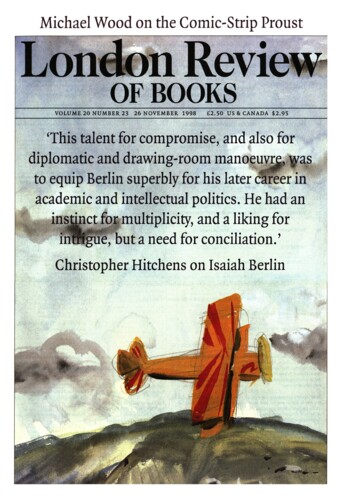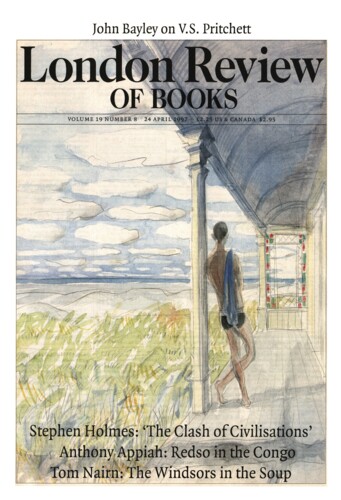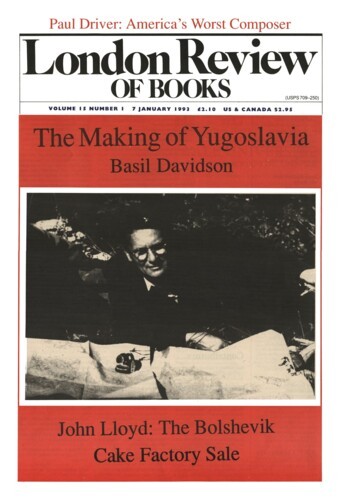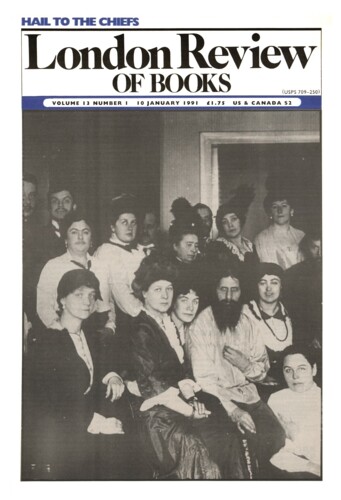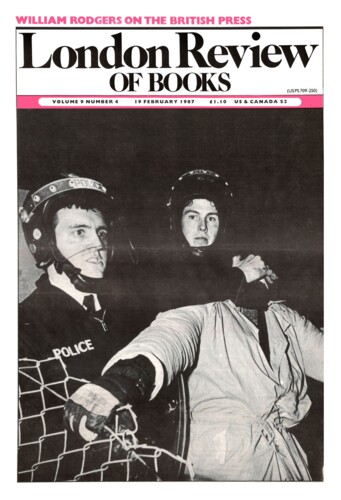‘Let the eye of the traveller consider this country and weep,’ said Auden about Ostnia. I’ve spent the last week reading three books that invite tears – and speculation about that curious organ, the eye of the traveller. The traveller may come from antique lands or from modern ones: the essential is that he comes from, which distinguishes him from the pilgrim, who journeys towards, defined by his objective, as the traveller is defined by his origin. Or often undefined. There has been a tradition of English travellers who assume a certain air of mystery, a lack of candour about origins and motives: ‘I’ll ask the questions,’ said the traveller, knocking at the moonlit door. Usually, it was an ambiguity of sexual, social or national identity that drove the traveller: out of the social context, he or she could pass, pass for detached sightseers, concealing their natures and motives (all those cool detached retinas floating around the Med with secret agendas, usually looking for boys). The type has largely gone now. Technology progressed, the eye became a camera, or came out (as artificial eyes will), grew pinpoint pupils, or turned the other way or shut in sleep. The traveller of the Eighties explores the ever-interesting territory of himself, every man his own Patagonia.’
‘Let the eye of the traveller consider this country and weep,’ said Auden about Ostnia. I’ve spent the last week reading three books that invite tears – and speculation...
